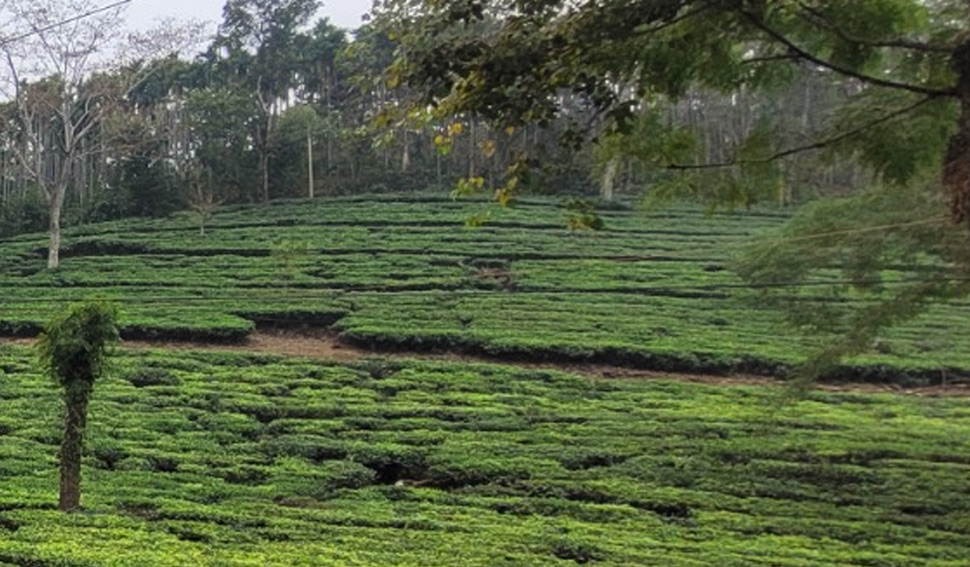Surge in Kenyan tea imports poses major challenge to Indian tea industry

The Indian tea industry is facing a growing threat from cheap Kenyan tea imports, which have surged by over 288% in 2024, raising concerns about their impact on domestic tea producers and exporters.
Industry experts warn that low-cost, lower-quality African tea is increasingly being used for blending and re-exports, potentially affecting the global reputation of Indian tea.
Between January and October 2024, Kenya exported 13.71 million kg of tea to India, a significant spike that has added to the country’s existing oversupply issues.
According to Dinesh Bihani, secretary of the Guwahati Tea Auction Buyers Association (GTABA), Kenyan tea imports, primarily sourced from the Mombasa auction, include teas from Burundi, Uganda, Tanzania, and Malawi, all of which are priced significantly lower than Indian teas.
Bihani further highlighted that 119 million kg of Indian tea remains unsold due to government-imposed minimum auction price regulations, adding to the woes of domestic producers.
“Not all teas imported from Mombasa are Kenyan; many come from multiple African origins, and some might even be old stock from unsold reserves at the Mombasa port,” he added.
To regulate the re-export of imported tea, the government mandates that duty-free imports must be stored in designated Export Oriented Units (EOUs) and shipped out within 120 days, with proper labeling of origin and blend components. However, concerns persist regarding compliance and its impact on Indian tea branding.
Despite mounting competition from African tea imports, India’s tea exports grew substantially between January and October 2024. According to the Tea Board of India, the country exported 209.14 million kg, marking an increase of 24.68 million kg compared to 184.46 million kg in 2023.
According to the information in the report, the country as a whole exported a total quantity of 209.14 million kg of tea in the period from January to October 2024. In the same period in the previous year, India exported 184.46 million kg.
So, the increase in terms of the quantity of tea exports comes to 24.68 million kg.
Of the 209.14 million kg of tea exported in the period from January to October 2024, the share of tea exports from North India zone is 124.25 million kg, while South India zone exported 84.89 million kg.
Significantly, the share of tea exports from Assam and West Bengal is included in the North India zone.
As to the value of tea exports in the period from January to October 2024, a total of Rs 5709.16 crore was earned by Indian tea exporters, with a unit price of Rs 272.98 per kg. In the same period in 2023, tea exporters managed to fetch an amount of Rs 4953.49 crore, with a unit price of Rs 268.54 per kg.
Thus, a hike of Rs 4.48 per kg in the average price of exported tea was recorded in 2024.
While the rise in exports is encouraging, industry leaders caution that unchecked tea imports from Kenya and other African nations could threaten India’s premium tea market. With major challenges such as oversupply, price competition, and blending concerns, Indian tea producers urge the government to implement stricter trade regulations and promote indigenous tea globally to maintain its premium reputation.
As the Indian tea industry navigates these challenges, stakeholders remain hopeful that policy interventions and market strategies will safeguard the legacy of Indian tea on the global stage.

Leave a Reply